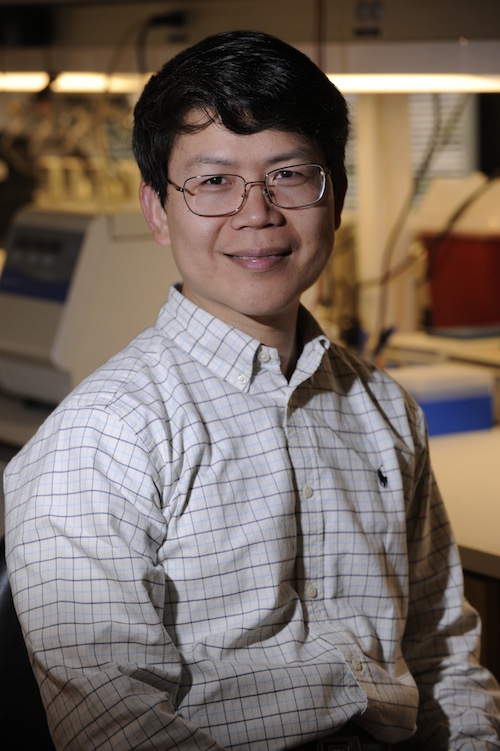Roles of the cGAS pathway in lupus
Abstract
Aberrant activation of the type-I interferon (IFN) pathway is a hallmark of systemic autoimmune diseases, including systemic lupus erythematosus (SLE), Sjogren’s syndrome and Aicardi Goutieres Syndrome (AGS). How IFNs and other inflammatory cytokines are abnormally induced in these diseases is still not well understood. Recently, our lab discovered the cytosolic DNA sensor cGAS that activates the type-I interferon pathway in response to microbial or self DNA. cGAS is an enzyme that is activated upon its binding to DNA. The activated cGAS catalyzes the synthesis of cyclic-GMP-AMP (cGAMP), which functions as a second messenger that activates the adaptor protein STING. STING in turn activates the protein kinases IKK and TBK1, which activate the transcription factors NF-?B and IRF3, respectively, to induce IFNs and other immune stimulatory molecules. Our genetic experiments using cGAS-deficient mice have demonstrated the essential role of cGAS in immune responses to DNA viruses and retroviruses. Moreover, our recent data show that cGAS is required for the development of some autoimmune diseases caused by self DNA. These results suggest that aberrant activation of the cGAS-STING pathway may cause autoimmune diseases including SLE. The goal of this proposal is to investigate the role of cGAS in lupus development.




